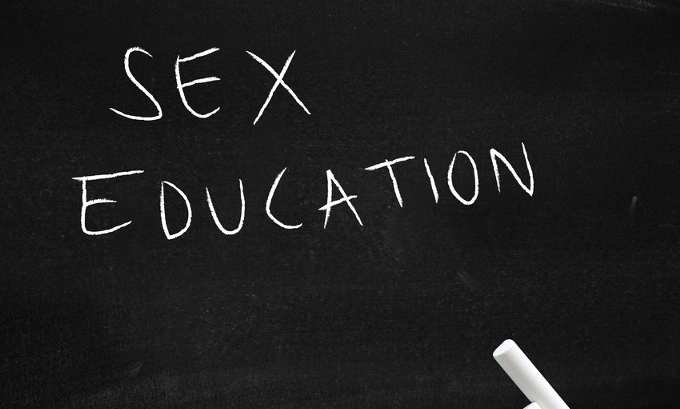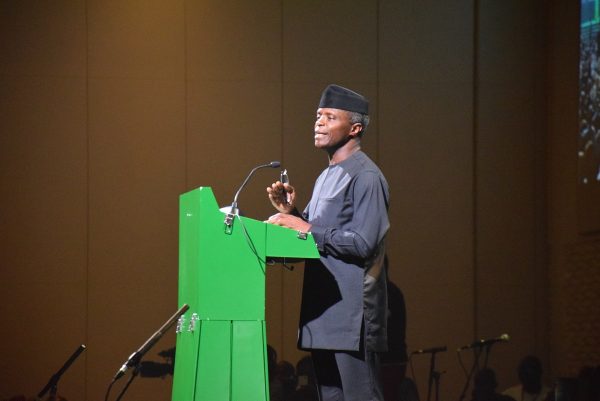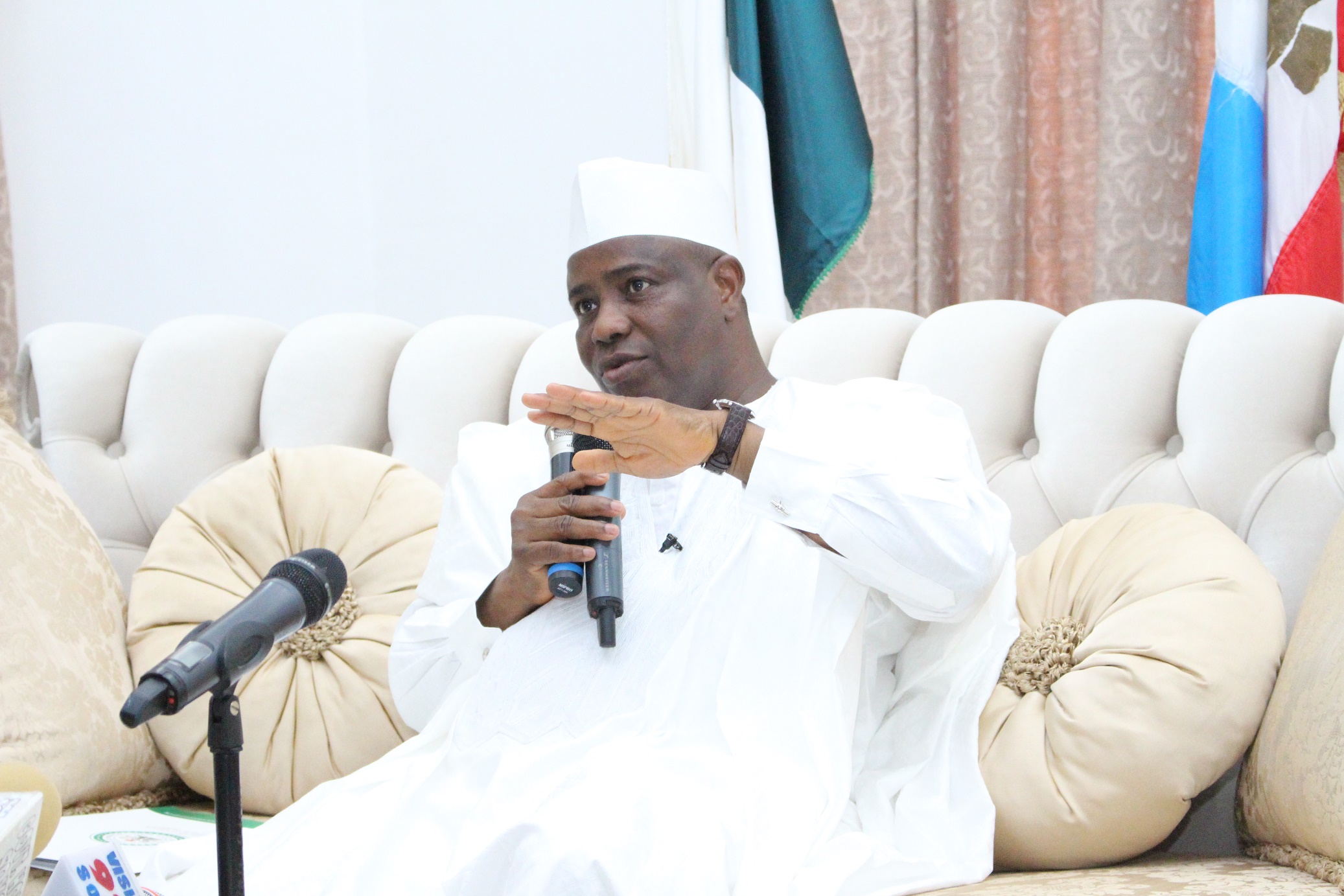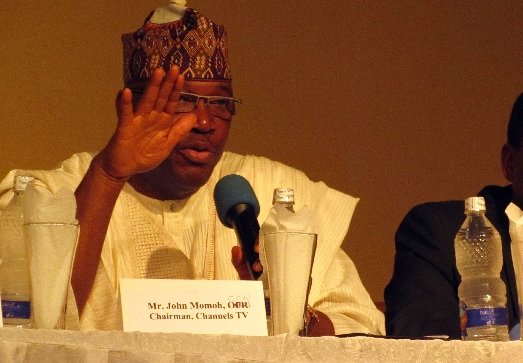BY MOVORIA DEBORAH
The move to inculcate sex education in school curriculums all over the world has been met with controversial extremism. Opinions are either strongly against or in favour. Those in support believe it will reduce the dangers associated with the natural biological human desire – sex. The opposition describes it as a stimulant of promiscuity. Either way, this piece strives to summarily present both sides of an unending debate hoping that readers’ opinions are informedly formed.
The Director-General of UNESCO, Audrey Azoulay sees sexuality education as “positive and centred on the best interest of the young person”. Elaborately, Planned Parenthood describes sex education as a “high-quality teaching and learning about a broad variety of topics related to sex and sexuality, exploring values and beliefs about those topics and gaining the skills that are needed to navigate relationships and manage one’s own sexual health”. Sexuality education is simply the study of different aspects of human sexual behaviour. That been said, let us examine some of the pros and cons of the debate.
Let me start with education and adulthood preparation, the emphasis here is education. Acquisition of education in any field makes for a safer practice. For example, we would rather a licensed doctor attends to us than an untrained “fake doctor”. Research has shown a link between sex education and the prevention of unwanted pregnancies, transmission of HIV infections and other STDs, thereby, reducing the number of school dropout of girls due to early or forced marriage or teenage pregnancy. According to UNICEF, about one billion of the world’s population is between 10 to 19 years of age all of which need guidance and accurate information as they transition into adulthood.
Advertisement
In the same vein, sex education breeds respect in relationships between opposite sex. Having acquired a clear knowledge of the consequences and responsibilities associated with the act, the need to obtain consent before any sexual activity prevents rape and other forms of sexual abuse. Rape is a traumatizing experience for the victim psychologically and physically requiring counselling and therapy to overcome. According to a 2014 UNICEF study, globally, over 100 million girls below 20 years of age are victims of forced sexual intercourse adding that “sexual violence can have short- and long-term physical, psychological and social consequences not only for girls or boys but also for their families and communities”.
It is important to also clarify that sex education cannot be equated with promiscuity. Sexuality education founded on gender equality and human right does not facilitate casual sex or indiscriminate choice of sexual partners. There’s no proven correlation between sex education and promiscuity. Rather, the “abstinence-only” message has failed to prevent early sexual initiation as studies have revealed. When parents and teachers refuse to teach their children appropriately, other avenues will be explored which may turn detrimental, especially with the aid of social media. Children are then exposed to extreme culture shock when faced with realities. The above arguments in favour of sexuality education have elements of reasoning in them when viewed from a neutral perspective but so are the opposing arguments discussed below.
Antagonists of sexuality education believe it takes away childhood innocence. One of the barriers to sexuality education is the desire to safeguard the child’s purity. Protecting a child’s innocence is a sensitive issue in parental circles. Although sexuality education aims to protect children from sexual predators like paedophiles, parents have argued that it innately exposes children to information beyond their comprehension and taints their innocence. Another argument is that a compulsory sexuality education may sexualize the child. Different quarters have questioned the “myth of childhood innocence” in the growing digital age, championing for a review with the growing rate of child abuse.
Advertisement
Asides the protection of childhood innocence, there’s a clash of religious and social-cultural belief. Sexuality education may be contradictory to the moral and religious values held by parents as regards issues of intimacy. It poses a threat to the value of abstinence found in most religion as opposed to safe sex. This conflicting stance leaves the child further confused. A 2015 study in northern Nigeria showed that some parents believe sex education conflicts with the values and cultural norms of our society and undermines the place of religious doctrine in the life of the children thereby leading to moral decadence. Not only does it go against moral traditions, it undermines marriage as an institution.
Also founded on religious and social-cultural beliefs, protagonists of sexuality education have been accused of promoting abortion and unpopular sexual preference. For some, this may perhaps be the strongest reason for the discontent with the idea of sex education. The rhetoric of sexuality education includes; the use of contraceptives, family planning, et al, all of which opposition argue are anti-pro-life. Similarly, the subject caters to an “understanding of human sexual diversity” contrary to the traditional marriage system. Some parents frown at this tying it to a move to foster homosexuality and an attempt to shove a “certain way of life down everyone’s throat”.
Besides the above points, there are concerns on the appropriate age for sexuality education, curriculum design, teaching method and more. There is also the question of gender in teaching the topic: should the genders be taught separately? Who should do the teaching, parents, teachers, or both? Yet, shying away from the topic altogether does not protect our young ones from the inherent repercussion of sex without proper knowledge. But where do we draw the line between sexual promiscuity concealed as sex education? Oh, wait! The line is blurred. How to redefine that line is a discourse of its own. Whichever side of the argument sits well with you, do so with informed reasoning marred with a conscious decision to protect the future generation. After all, the aim of this deliberation is to preserve today’s young from tomorrow’s regrets.
Advertisement
Views expressed by contributors are strictly personal and not of TheCable.






